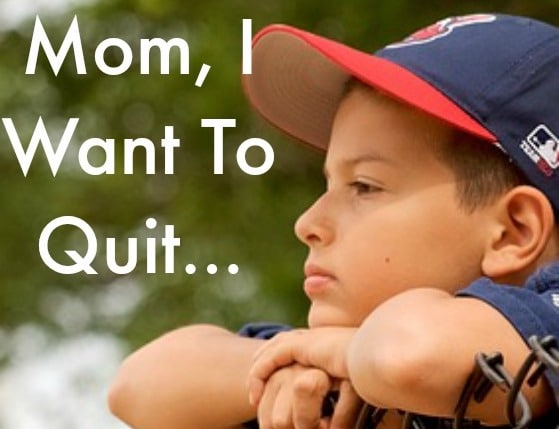
Time flies so fast that we almost didn’t notice we are on our last month this year. As the new year rapidly comes, we are already discussing with the kids about the activities and goals they might want to try this coming year. Whether it be educational, or after school activity, we have to set our mind and focus.
Our daughter is thinking of switching from field hockey and would like to try tennis, swimming and art instead. She also plans to reconsider dancing. I myself would like her to do other things such as to read more, practice piano and start making a journal. We are encouraging her to finish all the sessions she is enrolled to before trying something else. Kids can definitely make a trial and error which might involve quitting but this will lead them to know what exactly would really interest them and find what activity can they keep for long and be focused.
For some, it may be an easy task to stick to any plan. However, for most people especially kids, it's so easy to fall off the track after being motivated and challenged by a certain activity that they thought would be fantastic for them before they enroll in the program.
It may be simple and straightforward, but completing everything your kid started is an essential key to keep their focus. Giving up or procrastinating on a specific activity or probably pushing back a deadline to learn new skill will weaken their mental resolve to focus and finish that activity. This will make it even easier for them to quit or push it off again in the future. Their focus relies much on determination and perseverance.









